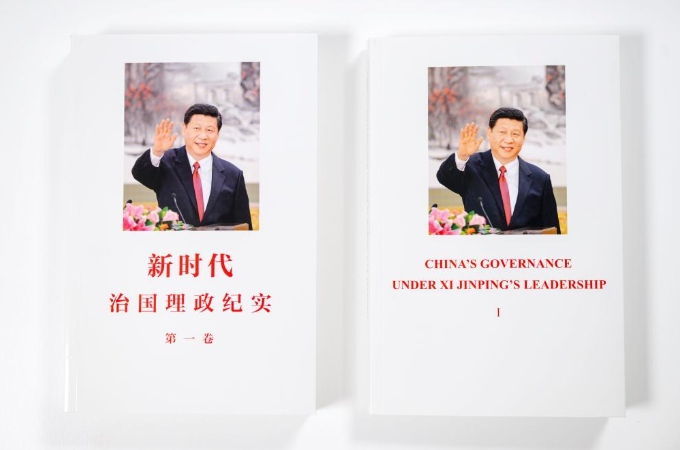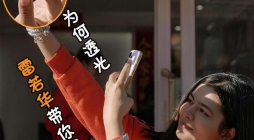


Lushi (鲁史) is a small town as large as 430,000m³. However, thanks for its special geographic location, it used to be the throat of Ancient Tea-horse Road from Yunnan to Myanmar. Opened in 1328, the ancient road through Lushi connected north and south. The thriving merchandise trade of this town earned it the name of "Mini Shanghai". Hundreds of years later, the prosperity has gone, but the old lifestyle has been remained well. Making tofu and oil by hand, dyeing ethnic vests and embroidery will make one forget the fickleness of modern city life.
Lushi Ancient Town is one of the well-preserved ancient architectural complex in west Yunnan. Its architectural style is effected by Bai ethnic and East China culture.
According to travelers who have been there, morning market of Louti Street (楼梯街) in Lushi Town is quite busy and distinctive. Horses with firewood on their backs and local peasant women with vegetables and snacks all get together at this slate street. The lively scene becomes a sketch of the ancient town.
Traffic:
Taking a coach at the bus station next to Kunming Train Station (昆明火车站) to Lincang (临沧) will cost 150 yuan; transfer to Fengqing County(凤庆县) at Lincang; Fengqing is 84 km away from Lushi Town; another two hours will be needed to get there.
Food recommendation:
Lushi food combines Sichuan style and Guangdong style together. One can taste both spicy and sweet flavor here. Cured ham, bean curd sausage, pickled pork liver and local hand-made bean curd are worth tasting.
Accommodation:
Fengqing County is better than staying in the town. About 100 yuan for a room with good conditions can be easily found. (Editors: Annie, Minnie)







